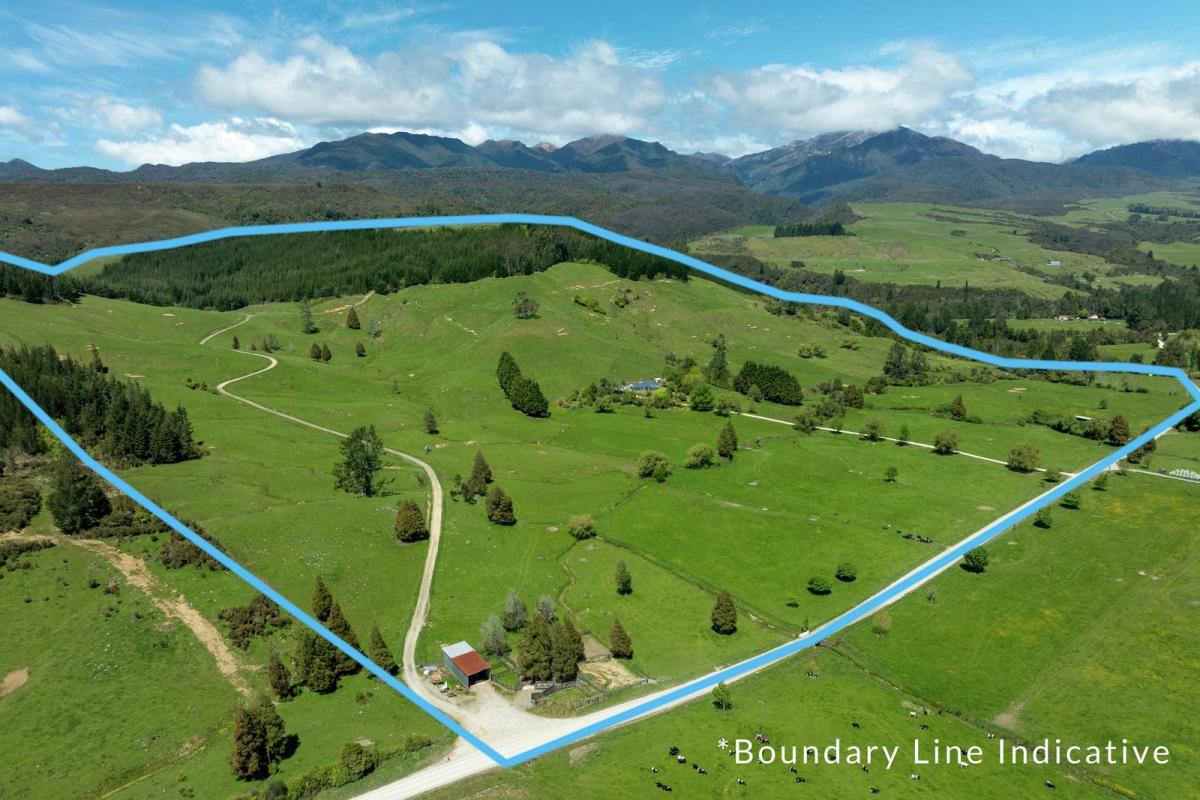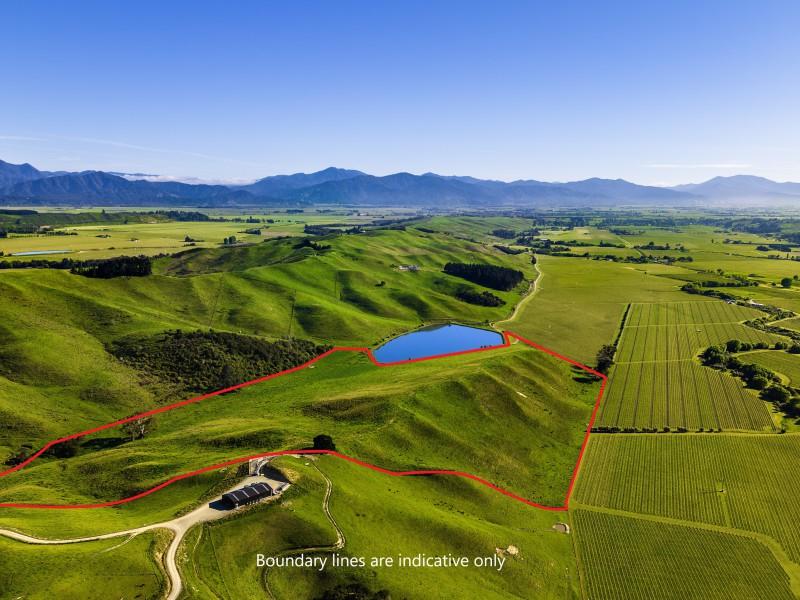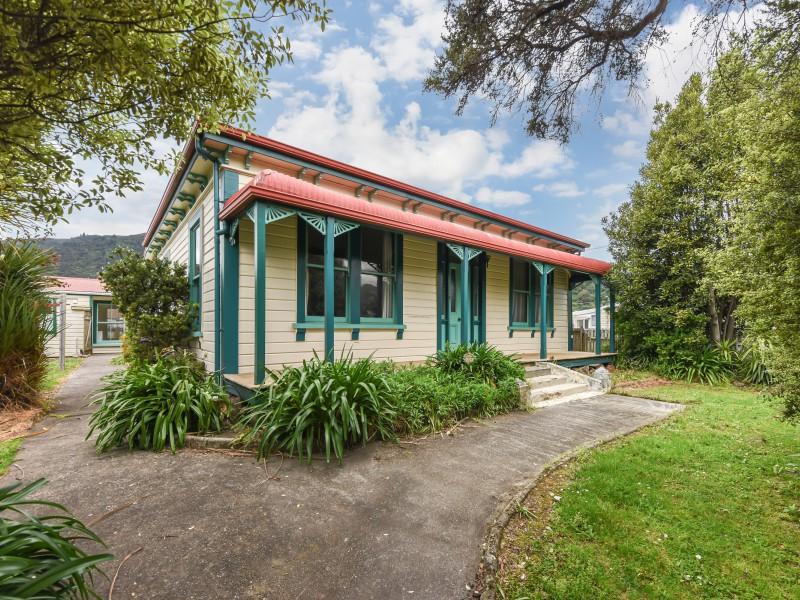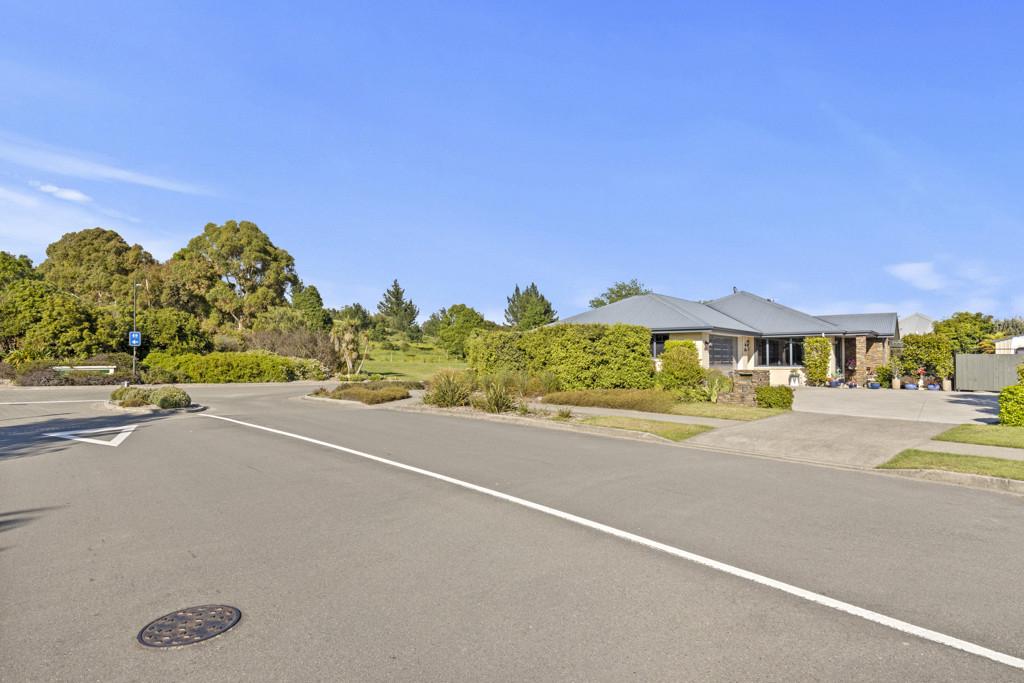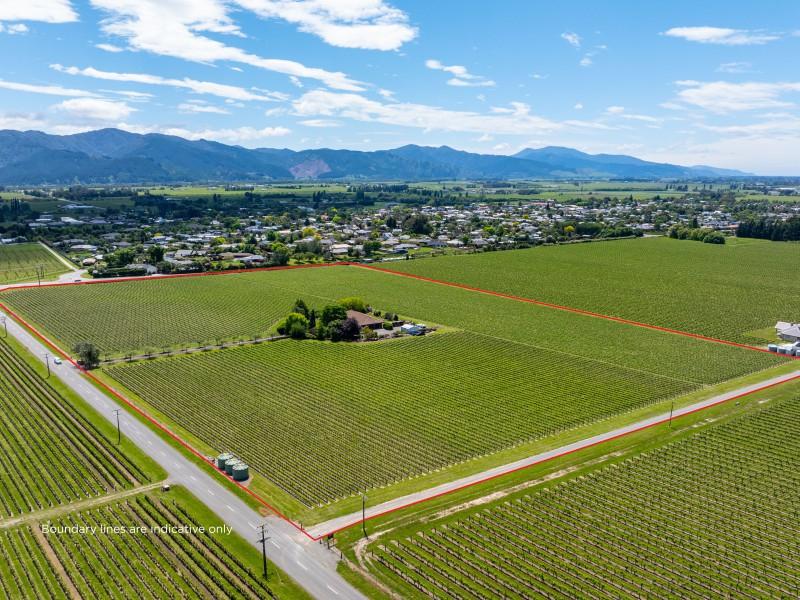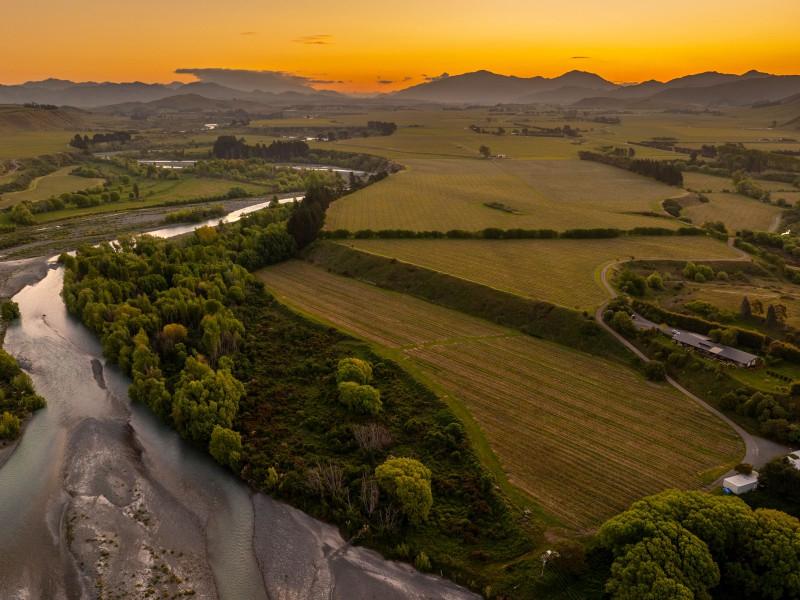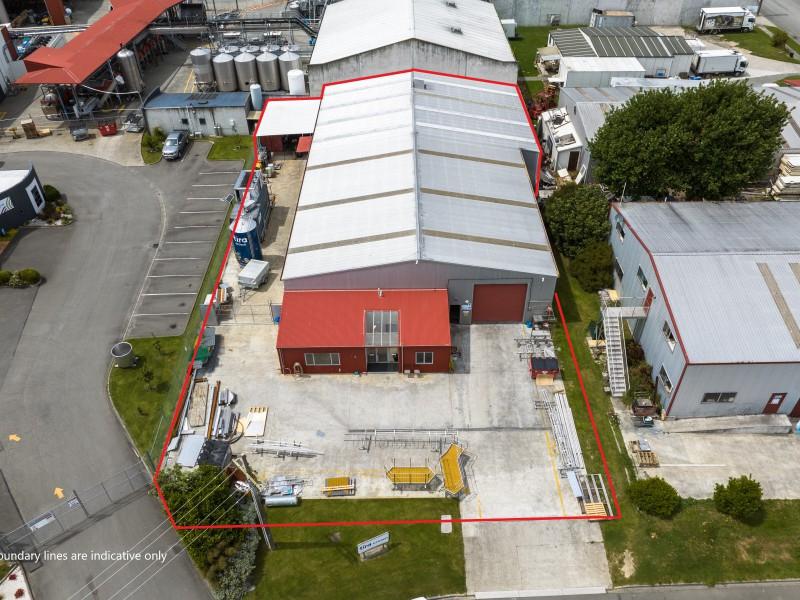Food Secure Communities Grant funding (closes 2/8/2020)
www.msd.govt.nz... What is the Food Secure Communities Grant Funding
The Food Secure Communities Grant Funding is for communities to work together to develop and implement a Food Secure Communities plan to create long-term, sustainable food security in their community. Where plans are already underway, funding can enhance existing efforts.
Plans are expected to influence how the second year of Community Food Response Grant Funding is spent, as organisations consider how they contribute to creating a food secure community.
This will mean that communities are better positioned to manage future shocks to food security when Community Food Response Grant funding comes to an end.
Total funding available
$1 million over two years from September 2020 – June 2022.
We expect to fund around 50 initiatives with grants that will average $10,000 per annum and total $20,000 over two years.
What is involved in a Food Secure Communities plan?
You may wish to:
Co-design what food security looks like in your community
Map your food security assets and consider your gaps
Consider how the principles of Te Ao Māori are incorporated in your food secure community plan
Consider what services that enhance the mana and food sovereignty of those utilising the services looks like
Establish a collective impact initiative.
Consider how governance and management of your organisations reflects the makeup of your community
In developing your food secure community plan, this may include:
People, families and whānau in your community who are vulnerable to food insecurity. (Beneficiaries and those with low or substantially reduced incomes, those who are homeless or in social or rental housing, including Māori, Pacific, women parenting alone and disabled people are most vulnerable to food insecurity).
Relevant foodbanks and community food services in your area, and other organisations who are supporting people, families and whānau who are vulnerable to food insecurity
Iwi, Hapū and local marae
Local councils
Food in schools programmes
Food rescue
Community food social and cooperative enterprises
Local food producers, businesses and markets, community gardens, maara kai, pataka kai and other community food ‘assets’.
MSD staff will provide support, as will Kore Hiakai Zero Hunger Collective.
Who can apply?
We are seeking individual or joint applications from organisations that are:
Registered as a Charitable Trust, Incorporated Society or other not for profit legal entity.
Able to articulate how their governance and management structures are reflective of the makeup of the communities in which they operate.
Able to demonstrate that the initiative will lead to outcomes that benefit people, families and whānau who are vulnerable to food insecurity.
Able to demonstrate strong and ongoing connections to groups in their community that are vulnerable to food insecurity.
Able to demonstrate how they are or will be actively working together with others to build a food secure community.
Able to demonstrate how they will go about developing and implementing a food secure communities plan.
Eligible costs There is flexibility around what funding can be spent on, but we expect in general it will most likely be used to lead this initiative.
Expected outcomes
The expected outcomes will vary by community, but in general will be along these lines:
Communities are food secure, and enhance the mana and food sovereignty of people, families and whānau.
People, families and whānau have access to affordable, nutritious, sustainable food that meets their cultural and dietary needs.
Reporting requirements
Your Food Secure Community Plan is due to us on 10 April 2021.
This will then contribute to discussions with organisations receiving Community Food Response Grant Funding on any changes they wish to make to contribute to creating a food secure community.
A final report will be due in July 2022.
Reporting includes:
Your communities shared vision for a Food Secure Community, including your common understanding of the problem and agreed approach to solving it.
Measuring your communities progress towards achieving your shared vision
Who you are working together with, and your joint plan to achieve your communities vision
How you are working together. e.g. convening, coordination and communication.
Your highlights, results, learnings and achievements.
Your questions
If you have any questions, please email them to foodsecure@msd.govt.nz.
We will also regularly update our FAQs page with your commonly asked questions.
How can applications be made?
Applications will open on 29 May 2020 and close on 2 August 2020 at 11.59pm. Applicants will be informed of the outcome of their application by early September 2020.Download the application form here and submit to foodsecure@msd.govt.nz
What's your favourite recipe for courgettes?
Kia ora neighbours. If you've got a family recipe for courgettes, we'd love to see it and maybe publish it in our magazine. Send your recipe to mailbox@nzgardener.co.nz, and if we use it in the mag, you will receive a free copy of our January 2025 issue.

It’s Riddle Time – You Might Need an Extra Cup of Coffee!
Nobody has ever walked this way. Which way is it?
Do you think you know the answer to our daily riddle? Don't spoil it for your neighbours! Simply 'Like' this post and we'll post the answer in the comments below at 2pm.
Want to stop seeing riddles in your newsfeed?
Head here and hover on the Following button on the top right of the page (and it will show Unfollow) and then click it. If it is giving you the option to Follow, then you've successfully unfollowed the Riddles page.

The tiger who came to tea
Trays are such a useful item to have in the home – they are obviously great for serving food and drinks, particularly breakfast in bed! Find out how to create your own with Resene wallpaper and Resene Colorwood wood stain with these easy step by step instructions.

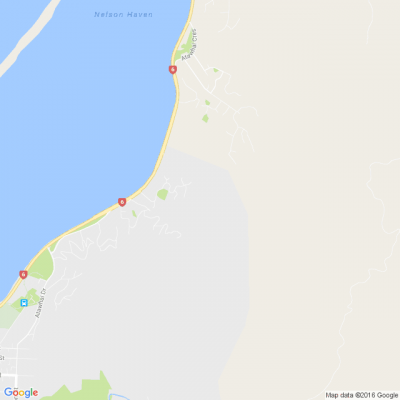
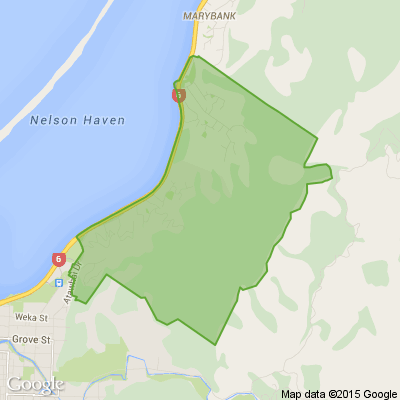




 Loading…
Loading…





